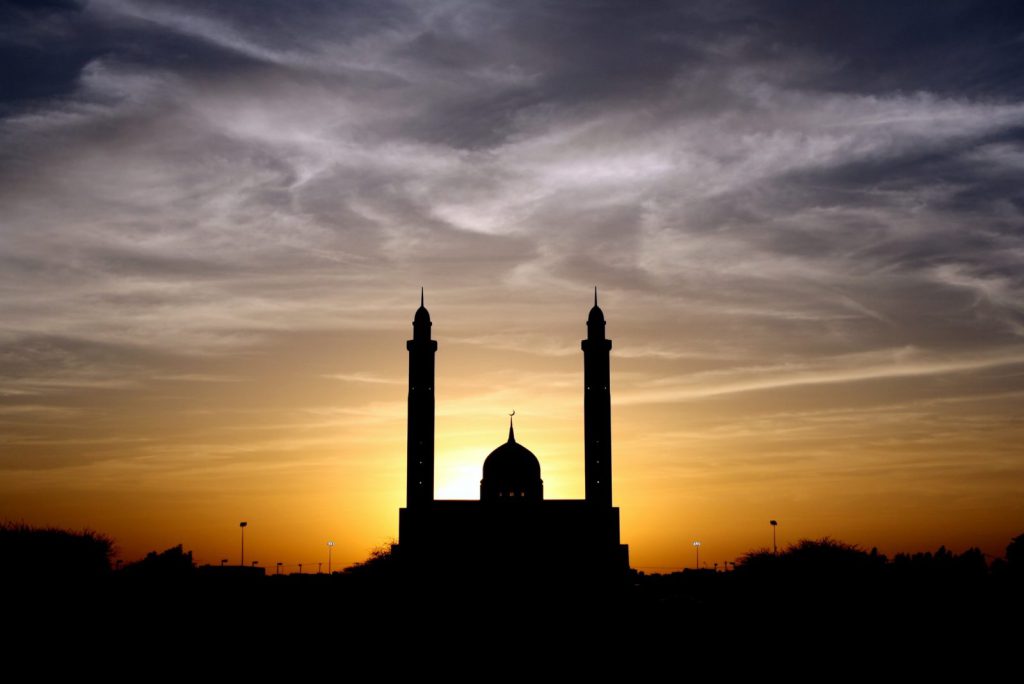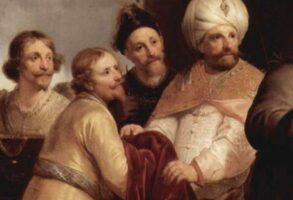
Published July 26, 2017
George Weigel's weekly column The Catholic Difference
When I first visited Israel in 1988, my friend Professor Menahem Milson, a distinguished Arabist at Hebrew University who was Egyptian president Anwar Sadat’s military aide during Sadat’s historic visit to Jerusalem in 1977, told me that “you have to meet my friend, Colonel Yigal Carmon.” Carmon worked in the Israeli Defense Ministry in Tel Aviv; I had a very busy schedule in Jerusalem and around Galilee; so I tried to decline. Menahem insisted, and I finally agreed to spend a morning in Tel Aviv. It was one of the most fruitful surrenders of my life.
It turned out that Yigal was the advisor on counter-terrorism to the Israeli Prime Minister, and when I went to his office in what I remember as the basement of the Ministry of Defense, he was handling three telephones simultaneously; on each of them, he made life-and-death decisions, daily, sometimes even hourly, about reported terrorist plots: Was the report reliable? What could be done about the threat? Who was to be put in harm’s way? We talked for over an hour, during which the phones interrupted us several times. I left deeply impressed by his remarkable calm, his fluent Arabic (a trait he shared with Milson), and the extraordinary nature of his job, to which, in that pre-9/11 world, there was no real analogue, save perhaps in an MI5 office dealing with Northern Ireland.
Two years later, I was in town for what turned out to be the last meeting of the Jerusalem Committee, an international advisory panel to Mayor Teddy Kollek. Our meetings ended and, as Yigal had a rare day off, he invited me to go with him to Masada, Herod the Great’s massive fortress.
It was September 1, 1990, and tourists had fled Israel in droves, Saddam Hussein having helped himself to Kuwait a month previously. When we got to Masada, the parking lot was empty, save for a bus carrying tourists from American evangelicaldom. We rode up the funicular to the top of the great plateau together and then went our separate ways. Yigal, unfamiliar with the ways of some goys, asked me in a puzzled voice, “What are they doing here? Everyone else has left.” I explained that these good folk probably thought that, with war imminent, they’d lucked into a front-row seat at the Battle of Armageddon. So they were staying put.
Over some three decades of friendship and collaboration, I’ve come to think of Yigal Carmon as the contemporary reincarnation of an ancient Stoic. He is completely tone-deaf religiously: not hostile to religious belief, perhaps even admiring it in others, but incapable of it himself. Yet he is a man of the utmost moral seriousness, determined to see things as they are and to live in an ethically rigorous way, according to the norms of justice we can know by reason. So in a world increasingly dominated by irrationalism, he is very much worth listening to.
Since 1998, Yigal has been the driving force behind MEMRI, the Middle East Media Research Institute, whose self-defined goal is to “bridge the language gap between the Middle East and the West” by providing translations of materials originally appearing in the Arabic, Farsi, Dari, Urdu, Pashto, Turkish, and Russian media into English, French, Polish, Japanese, Spanish, and Hebrew. In a recent MEMRI daily brief, Yigal, taking exception to one of President Trump’s bombastic characterizations of terrorists, wrote that “the jihadis who perpetrate these horrific crimes are neither losers nor nihilists. . . . These perpetrators, by the standards of their own belief, are virtuous people.” That means that the only long-term answer to the bloody borders between “Islam and the rest”—borders than now reach deeply into Western societies—is for Islam to undertake a far-reaching internal reform, which purifies the faith and leads Islam to develop, from within its own resources, a case for religious tolerance and political pluralism: “a Muslim aggiornamento . . . along the lines of the reforms introduced by Pope John XXIII.”
Thus informed by both his Stoic ethic and his long experience in trying to thwart terrorist violence while helping the West understand it, my friend Yigal Carmon has come to precisely the same conclusion as Pope Benedict XVI and Pope Francis: Islam must develop and propagate an Islamic case against terrorist violence. It won’t be easy. But it must be done.
George Weigel is Distinguished Senior Fellow of Washington, D.C.’s Ethics and Public Policy Center, where he holds the William E. Simon Chair in Catholic Studies.











